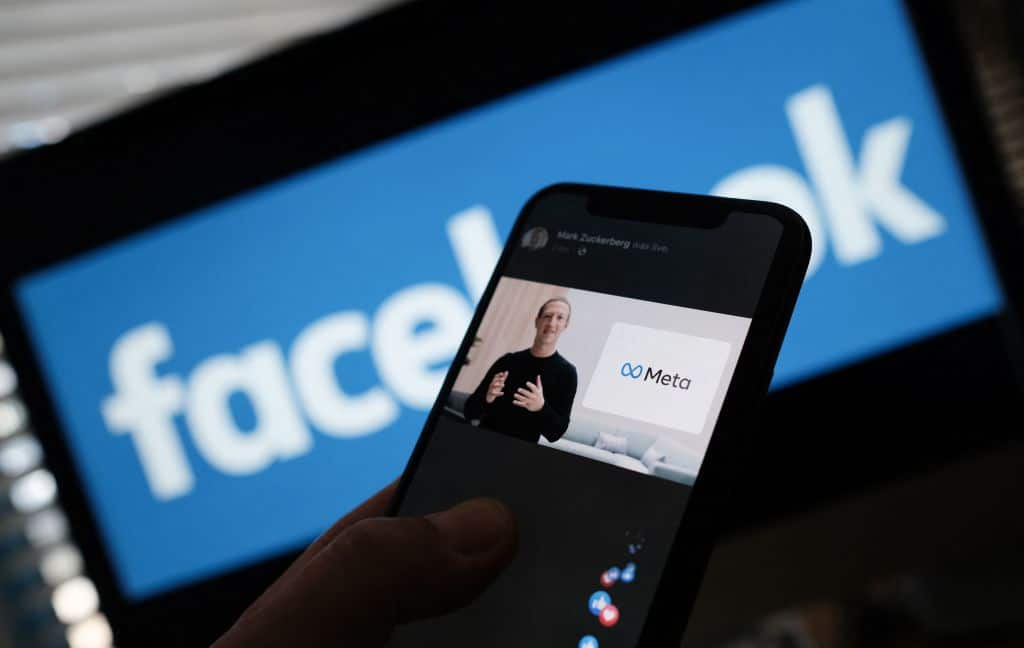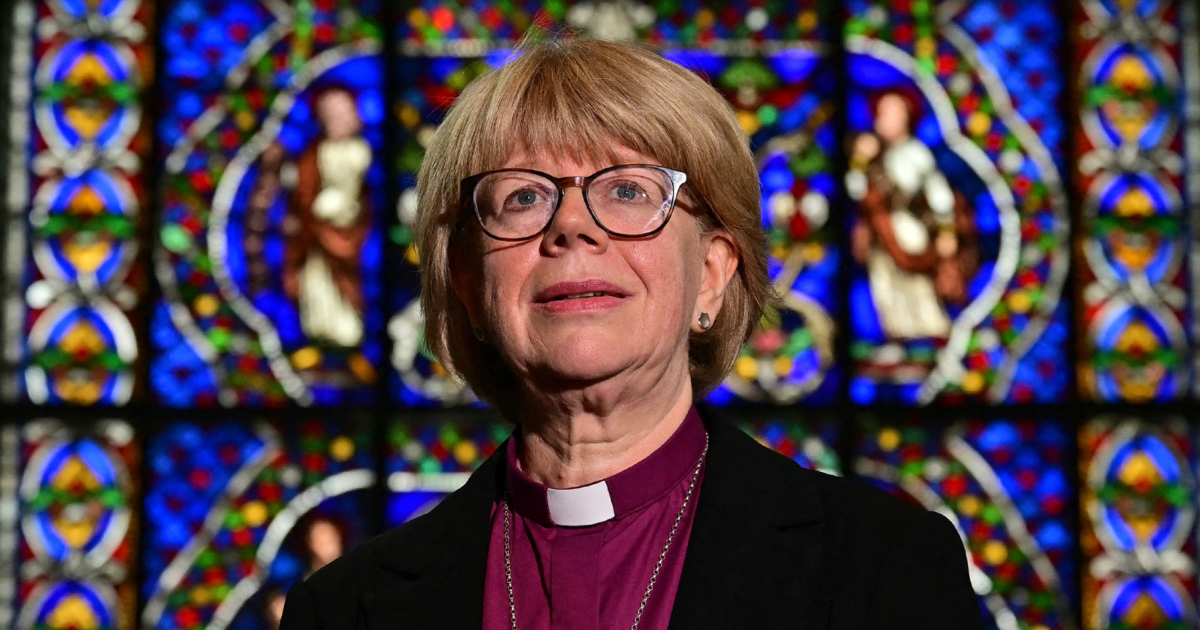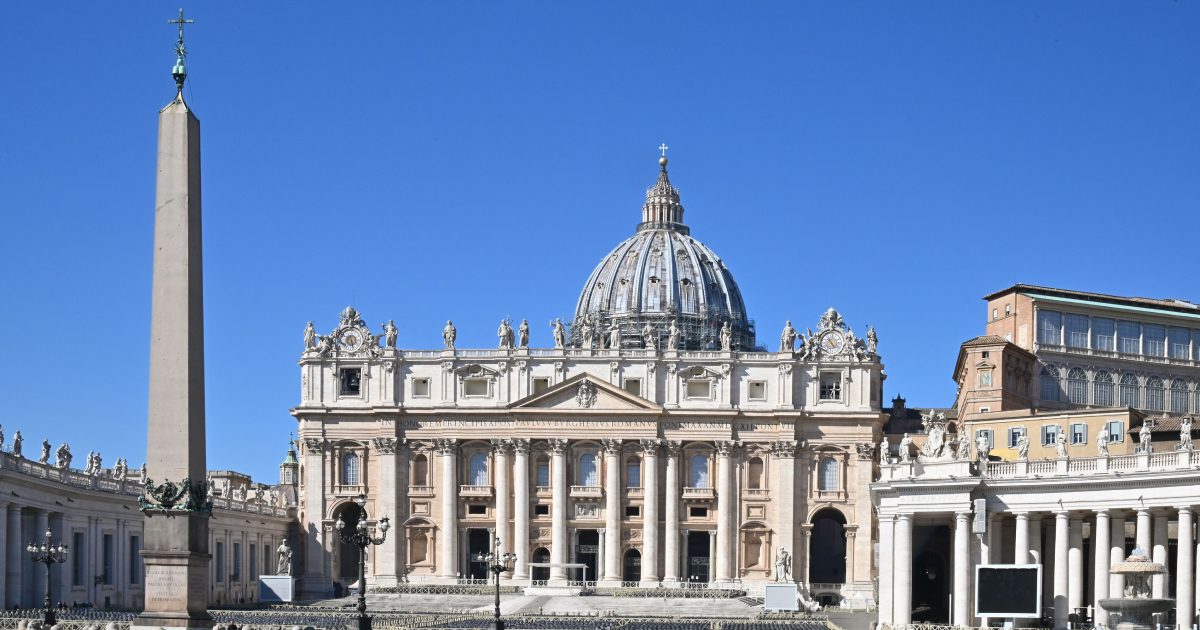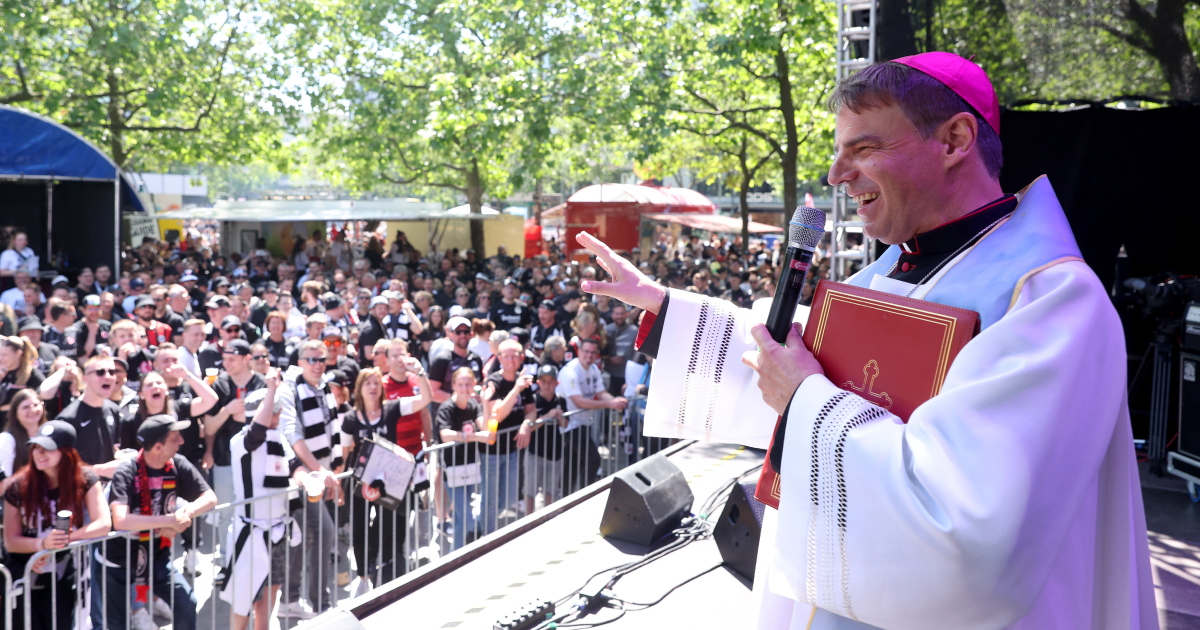Last month, after 13 short years, I deleted my Facebook account. The site, at last, has lost any of the allure it once had (more on that later).
Leaving Facebook is surprisingly tricky. “Users”, to use the monstrous Mark Zuckerberg’s lingo, are accosted with endless questions: “Are you sure you want to deactivate your account?” You are faced with a list of reasons to choose from. Each option (“I don’t fi nd Facebook useful”/ “I have a privacy concern”), leads you to yet more rigamarole seeking to reassure you that Facebook is a benign and necessary force that will enhance your life and that of those around you.
But convincing it is not. The process becomes really spooky when you ask for a copy of any information the site holds on you. In my case, Facebook can tell me the following (and more): private messages I’ve exchanged with other users, a list of events I have attended or have not attended or thought about attending, a history of polls I have participated in and photos I have shared or been tagged in – all dating back to 2008. Which in one way could be interesting, because I don’t remember much about 2008. But it is also disconcerting: the reasons I cannot remember 2008 are exactly why I do not want to be reminded of 2008.
I am not alone. In March this year, a research team inside Facebook headquarters found that Facebook is losing popularity among young adults. The report found that users aged 18 to 29 and also those in the 30+ category are steadily – not dramatically – spending less and less time interacting with the site. In fact, user growth among young adults has been on the descent for about a decade. Where once it was the fi rst port of call for arranging social interaction or for open discussions with friends, it now looks a lot like something more sinister.
Facebook may know the exact coordinates of the chandeliers I was swinging from in, say, 2010, but for all its might, it does not know why fewer and fewer millennials are logging on. “What should we (particularly) optimize for among young adults?” one of the reports asked. “We don’t know enough to know.”
As we trudge towards middle age, the omnipresent tentacles of Facebook have become a concern for my generation. In recent years, we have witnessed the site’s ongoing and much publicised struggle to defend itself against accusations of fake news, political disinformation (election rigging) and privacy invasion. It is becoming harder and harder to escape the fact that we are digital hostages.
It’s not just Facebook; photo-sharing social media platform Instagram also excites trepidation. Friends of mine no longer share photos of their babies’ faces, with one telling me: “The thought that somewhere in the sky there is a collection of photos of my baby, that she or I have no control over, frightens me. Who knows who will own those images in 18 months, let alone 18 years from now? I feel safer going back to old-fashioned print-outs.”
In October, our worst fears were confirmed when Zuckerberg unveiled a new “metaverse”, with the holding company that owns Facebook, Instagram and What’sApp being rebranded as “Meta”.
It’s not quite clear what the metaverse consists of. Zuckerberg says: “We believe the metaverse will be the successor of the mobile internet ... We’ll be able to feel present – like we’re right there with people no matter how far apart we actually are.”
I can’t work out what this really means. It has been described as a 3D version of the internet. Kit Wilson painted a horrifying picture in the Spectator last month, “the mirrorworld is a full-scale, real-time, three-dimensional digital replica of the entire planet, right down to the last millimetre, recreated by hundreds of thousands of drones and millions of microscopic cameras planted in every street (as well as in everyone’s headsets of course), all scanning and refreshing the landscape.”
Put simply, it is an ungodly universe that we neither want nor need. I’m beginning to suspect it might actually be hell. If hell is conscious torment, if it is eternal and irreversible, if it is a place of no rest, of separation from God’s presence, then it sounds a lot like Mark Zuckerberg’s metaverse.
The tricky part is knowing how much to give the malefi cent metabots in the sky. Does it matter if, say, a photo of your baby’s foot is stored somewhere in the ether as opposed to a snapshot of its face? Why do we care about photographs taken on nights we won’t ever remember with friends we’ll most likely forget? These questions rest on our individual conscience. But one thing is for sure: the only way to escape is by logging off entirely.
Freeing oneself from the clutches of social media is a tremendous palaver but is worth it to escape something that has become ineffably sinister.
This article is from the December 2021 issue of the Catholic Herald. Subscribe today.
Last month, after 13 short years, I deleted my Facebook account. The site, at last, has lost any of the allure it once had (more on that later).
Leaving Facebook is surprisingly tricky. “Users”, to use the monstrous Mark Zuckerberg’s lingo, are accosted with endless questions: “Are you sure you want to deactivate your account?” You are faced with a list of reasons to choose from. Each option (“I don’t fi nd Facebook useful”/ “I have a privacy concern”), leads you to yet more rigamarole seeking to reassure you that Facebook is a benign and necessary force that will enhance your life and that of those around you.
But convincing it is not. The process becomes really spooky when you ask for a copy of any information the site holds on you. In my case, Facebook can tell me the following (and more): private messages I’ve exchanged with other users, a list of events I have attended or have not attended or thought about attending, a history of polls I have participated in and photos I have shared or been tagged in – all dating back to 2008. Which in one way could be interesting, because I don’t remember much about 2008. But it is also disconcerting: the reasons I cannot remember 2008 are exactly why I do not want to be reminded of 2008.
I am not alone. In March this year, a research team inside Facebook headquarters found that Facebook is losing popularity among young adults. The report found that users aged 18 to 29 and also those in the 30+ category are steadily – not dramatically – spending less and less time interacting with the site. In fact, user growth among young adults has been on the descent for about a decade. Where once it was the fi rst port of call for arranging social interaction or for open discussions with friends, it now looks a lot like something more sinister.
Facebook may know the exact coordinates of the chandeliers I was swinging from in, say, 2010, but for all its might, it does not know why fewer and fewer millennials are logging on. “What should we (particularly) optimize for among young adults?” one of the reports asked. “We don’t know enough to know.”
As we trudge towards middle age, the omnipresent tentacles of Facebook have become a concern for my generation. In recent years, we have witnessed the site’s ongoing and much publicised struggle to defend itself against accusations of fake news, political disinformation (election rigging) and privacy invasion. It is becoming harder and harder to escape the fact that we are digital hostages.
It’s not just Facebook; photo-sharing social media platform Instagram also excites trepidation. Friends of mine no longer share photos of their babies’ faces, with one telling me: “The thought that somewhere in the sky there is a collection of photos of my baby, that she or I have no control over, frightens me. Who knows who will own those images in 18 months, let alone 18 years from now? I feel safer going back to old-fashioned print-outs.”
In October, our worst fears were confirmed when Zuckerberg unveiled a new “metaverse”, with the holding company that owns Facebook, Instagram and What’sApp being rebranded as “Meta”.
It’s not quite clear what the metaverse consists of. Zuckerberg says: “We believe the metaverse will be the successor of the mobile internet ... We’ll be able to feel present – like we’re right there with people no matter how far apart we actually are.”
I can’t work out what this really means. It has been described as a 3D version of the internet. Kit Wilson painted a horrifying picture in the Spectator last month, “the mirrorworld is a full-scale, real-time, three-dimensional digital replica of the entire planet, right down to the last millimetre, recreated by hundreds of thousands of drones and millions of microscopic cameras planted in every street (as well as in everyone’s headsets of course), all scanning and refreshing the landscape.”
Put simply, it is an ungodly universe that we neither want nor need. I’m beginning to suspect it might actually be hell. If hell is conscious torment, if it is eternal and irreversible, if it is a place of no rest, of separation from God’s presence, then it sounds a lot like Mark Zuckerberg’s metaverse.
The tricky part is knowing how much to give the malefi cent metabots in the sky. Does it matter if, say, a photo of your baby’s foot is stored somewhere in the ether as opposed to a snapshot of its face? Why do we care about photographs taken on nights we won’t ever remember with friends we’ll most likely forget? These questions rest on our individual conscience. But one thing is for sure: the only way to escape is by logging off entirely.
Freeing oneself from the clutches of social media is a tremendous palaver but is worth it to escape something that has become ineffably sinister.
<em>This article is from the December 2021 issue of the Catholic Herald. <strong><a href="https://catholicherald.co.uk/subscribe/" target="_blank" rel="noreferrer noopener">Subscribe today.</a></strong></em>


















